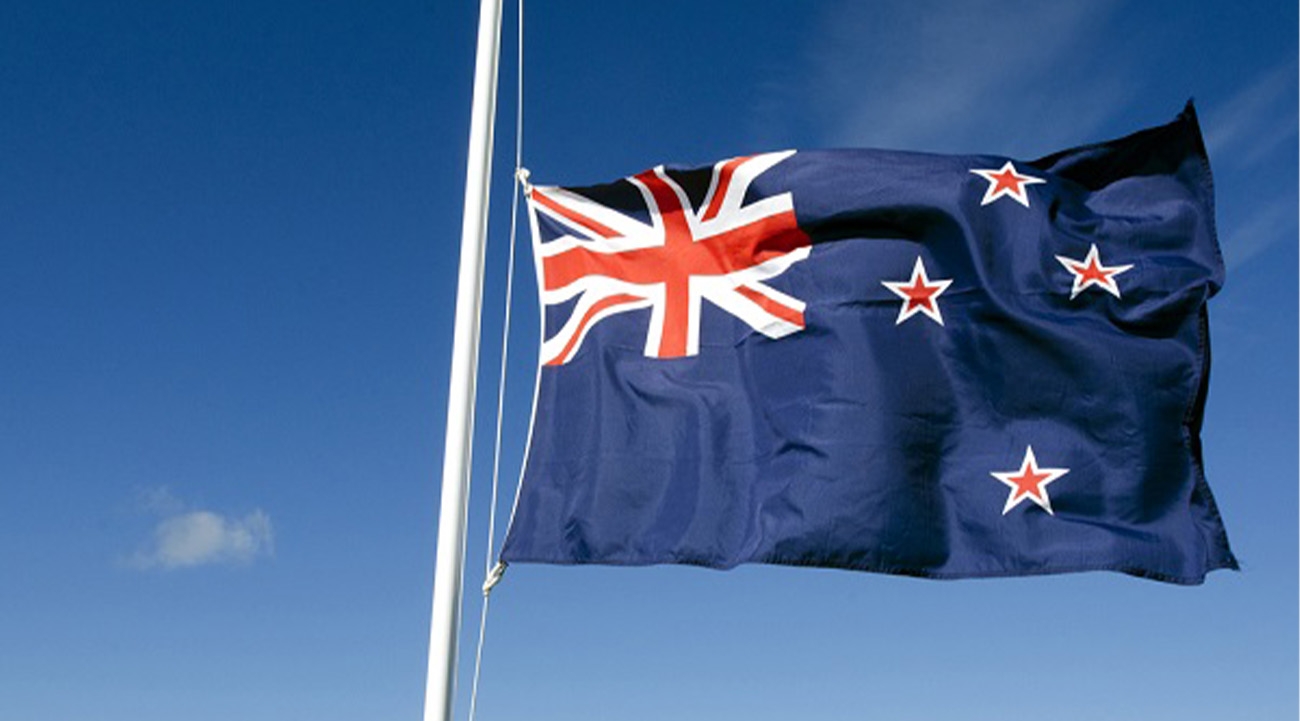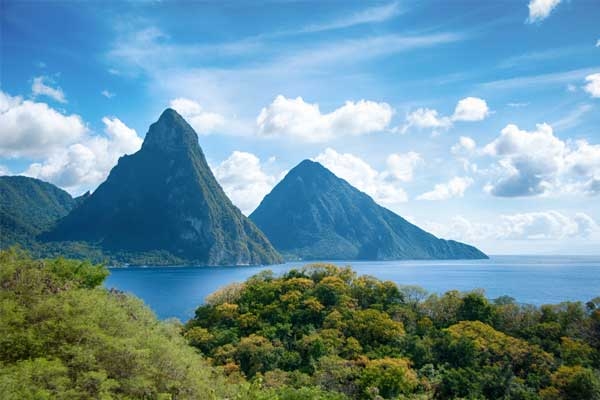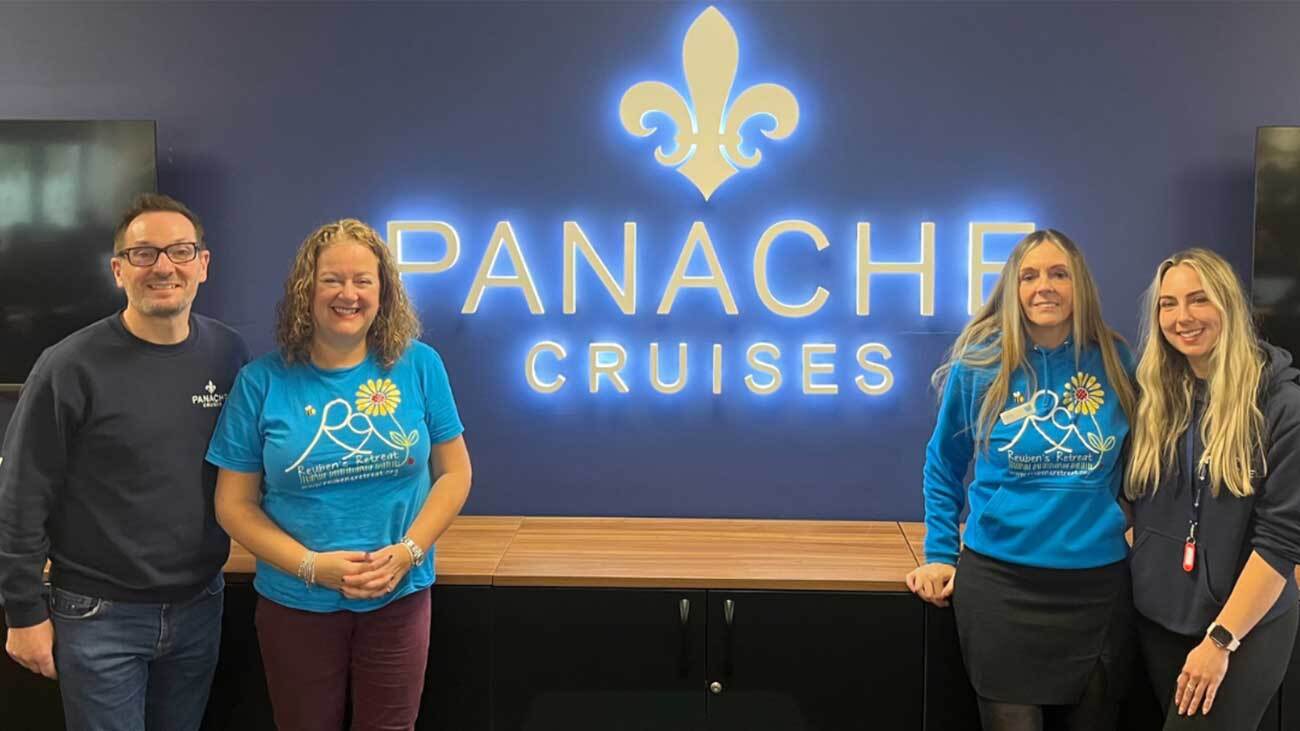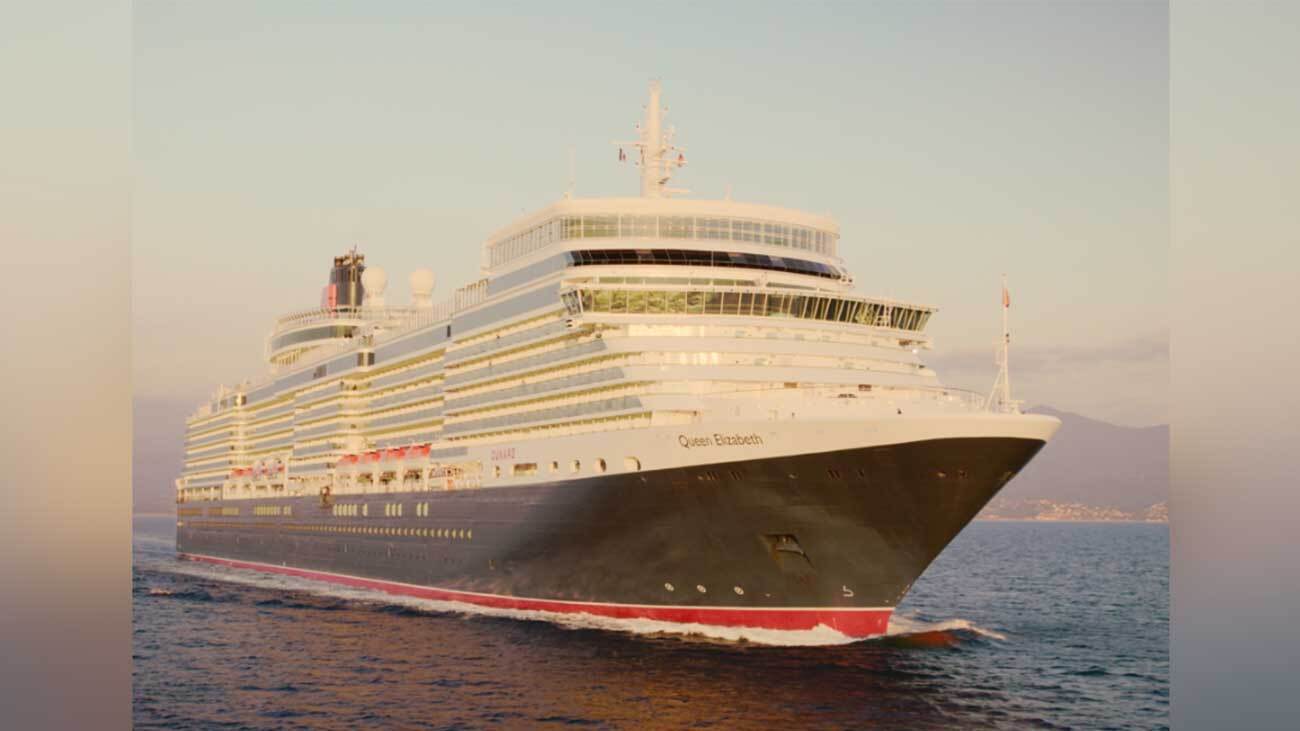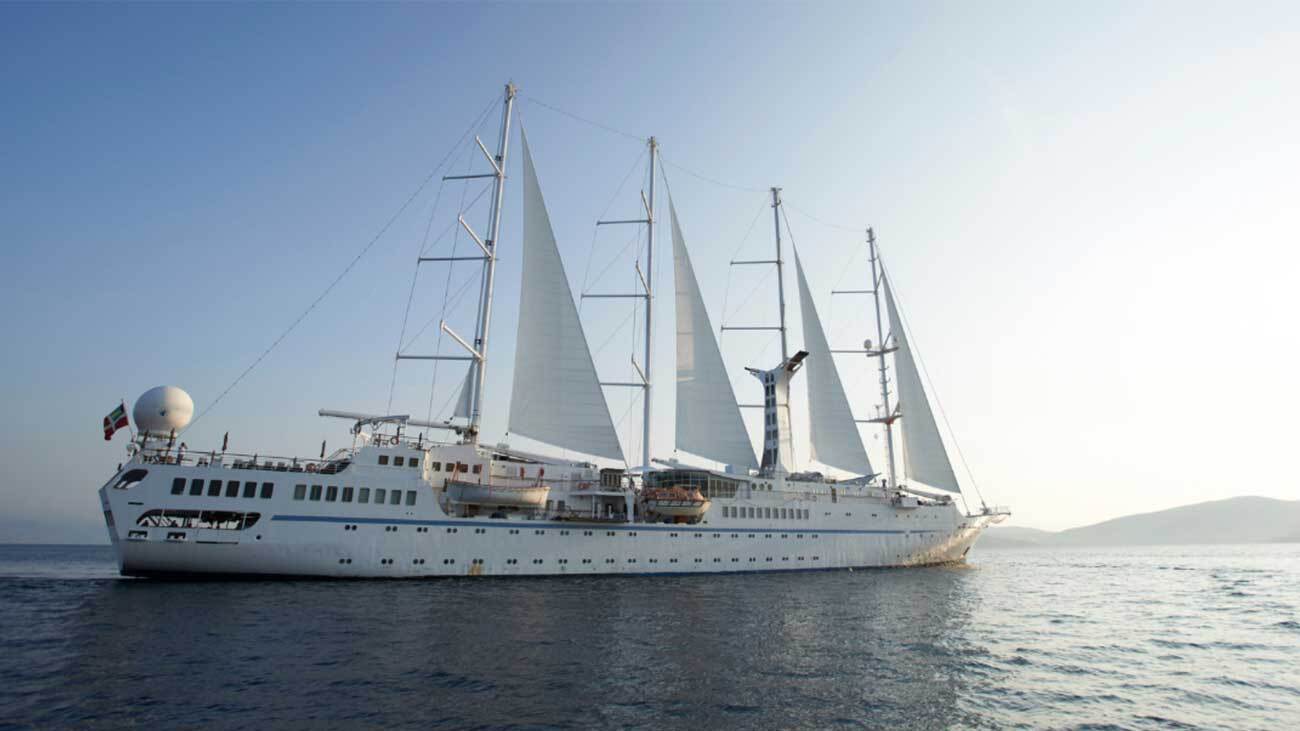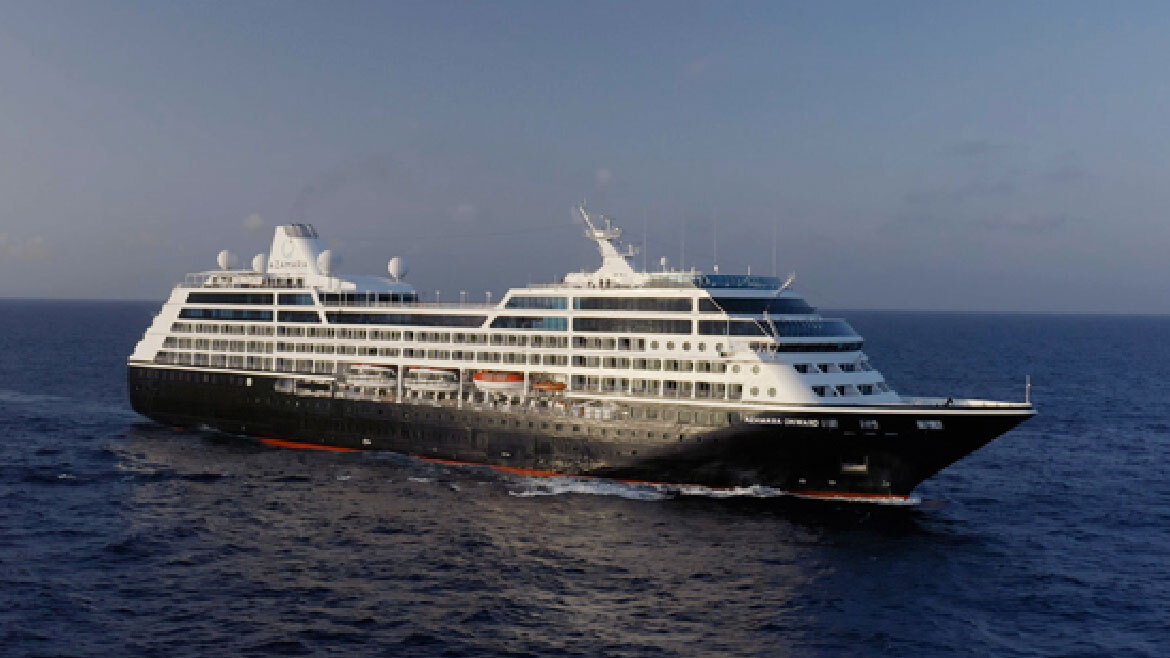Backpackers ‘on $10 a day eating dried noodles’ not New Zealand’s targeted tourists
New Zealand will set out to attract high spending tourists rather than those who “travel around our country on $10 a day eating dried noodles”.
The country’s tourism minister was reported as making the comments at an announcement about plans to bolster the tourism workforce as the country’s borders reopened after more than two years of strict Covid-19 restrictions.
Stuart Nash reportedly said: “In terms of targeting our marketing spin, it is unashamedly going to be at … high-quality tourists.”
The minister said backpackers and lower-budget visitors were still welcome in New Zealand.
He told the Tourism Export Council of New Zealand in Nelson: “We are going to welcome backpackers … [but] we are not going to target the people who put on Facebook how they can travel around our country on $10 a day eating dried noodles.”
Nash went on to say in a later interview: “That’s not who we are targeting in this day and age on social media, we can be a lot more targeted in our advertising.”
He revealed that card spend by UK and US visitors was already back to pre-Covid levels with 94,500 overseas arrivals in June – the highest number since the border was closed in March 2020.
“What is also really positive to see is that visitors from the US and UK are staying longer and spending more than in pre-Covid times – despite visitor numbers being far less than 2019, the card spend is back to the same level,” Nash said.
“The first cruise ship returning this Friday is another boost for local communities. Pre-pandemic their visits were worth in excess of $500 million a year, of which $356 million was spent onshore, providing a valuable economic contribution to our regions. We’re expecting cruise numbers to be similar to pre-Covid levels.”
But James Higham, a professor of tourism at Otago University reportedly told The Guardian: “The trend over recent decades globally has been for tourists to travel further, travel faster, produce more CO2, stay shorter and spend less at the destination.”
He added that the result was often “very wealthy people destroying the planet in the process of not contributing to destinations as we might have expected or hoped.
“Big spenders are often the most environmentally damaging, and because they tend to have … regular repeat high carbon travel with low length of stay … they’re not particularly beneficial, particularly to far flung destinations made in New Zealand.”
